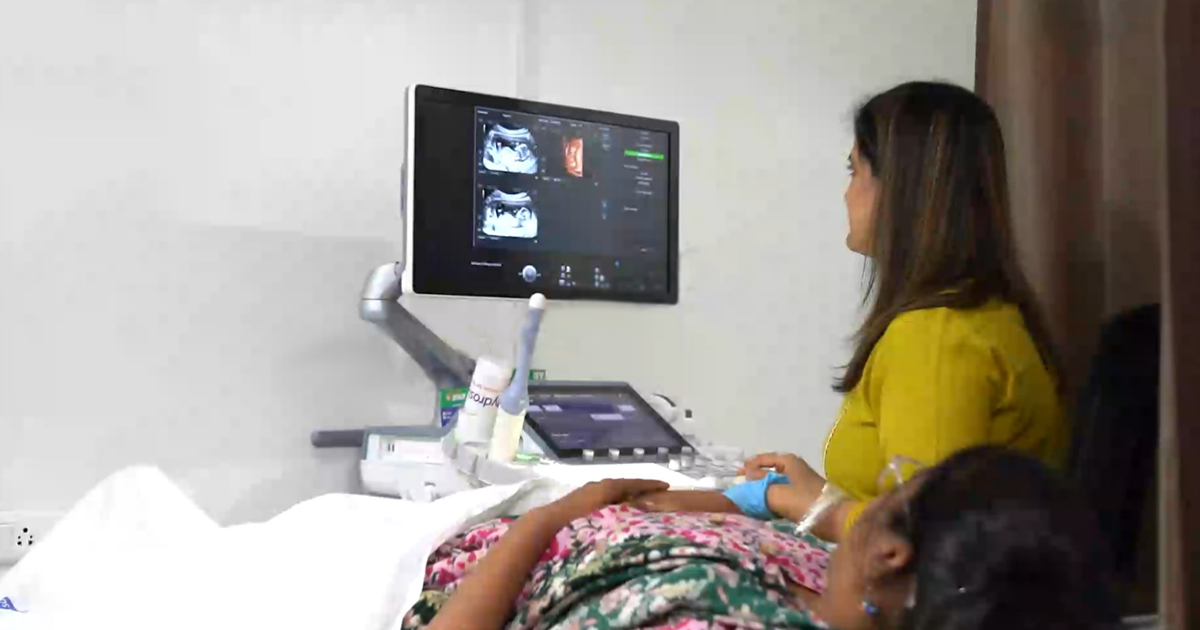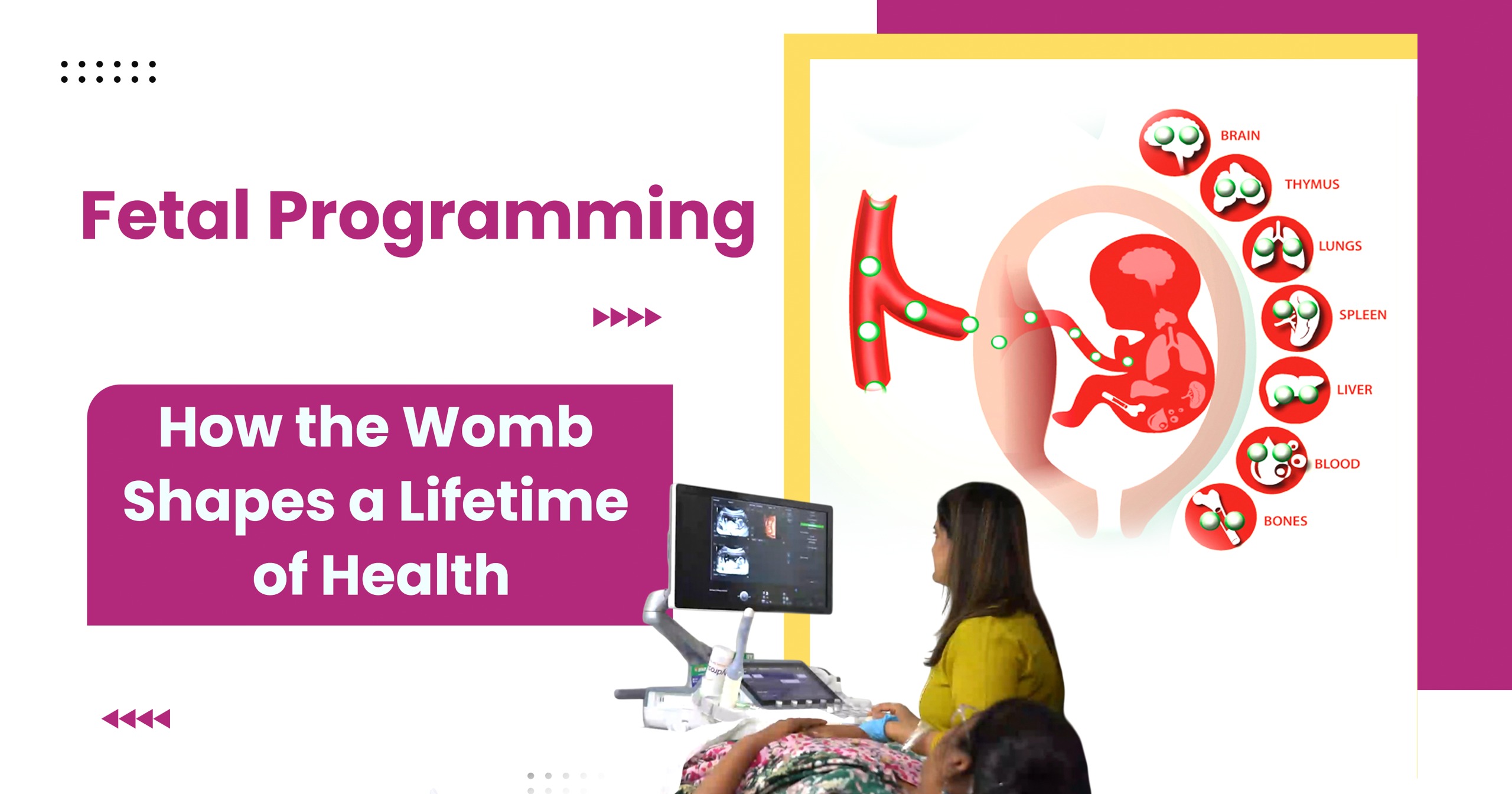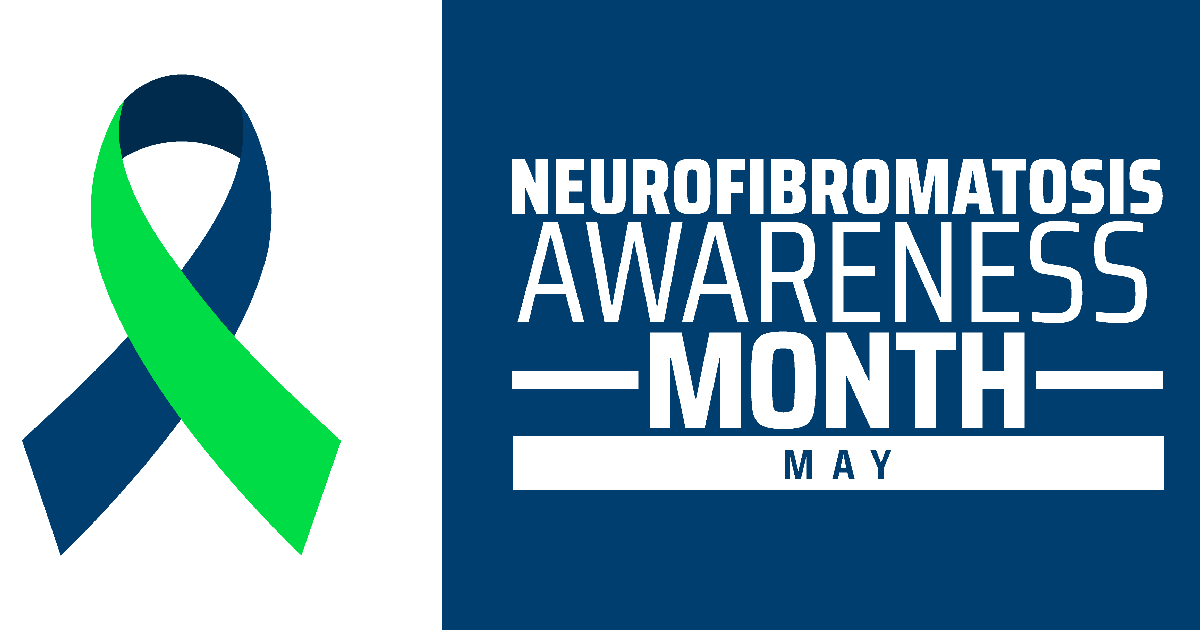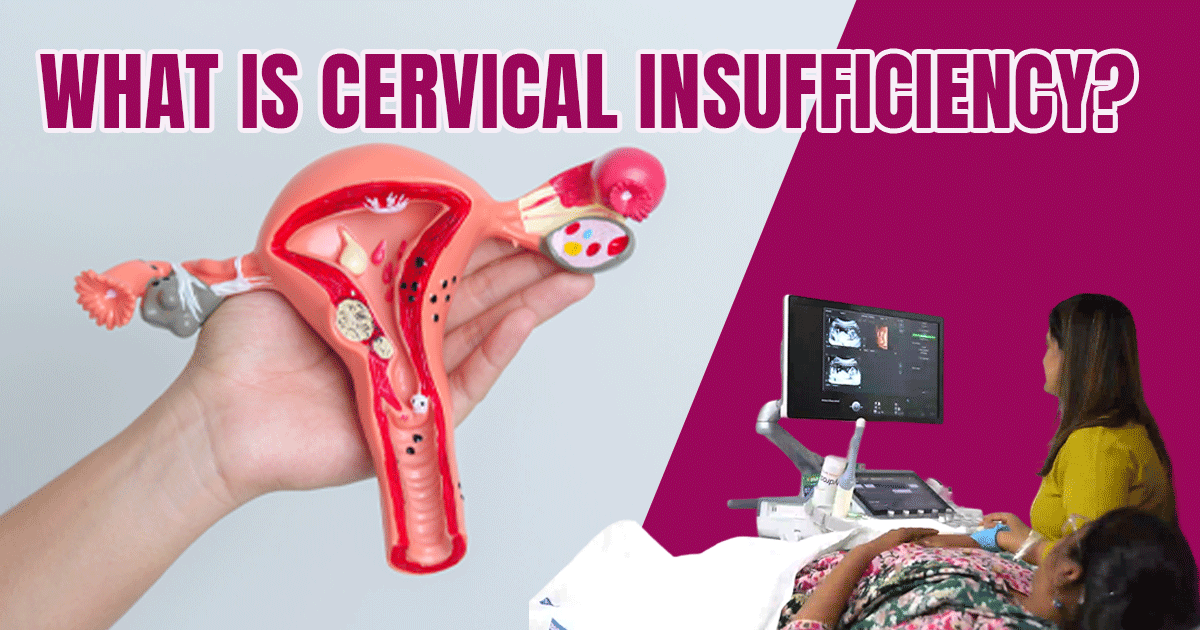Genetic Testing in Pregnancy: What Parents Need to Know
Pregnancy is a time of excitement and anticipation, but it can also come with a lot of questions, especially when it comes to the health of your baby. One of the key tools for understanding your baby’s health and genetic makeup is genetic testing. These tests can provide valuable information about potential risks for genetic conditions, helping parents make informed decisions about their pregnancy.
In this blog, we’ll explore what genetic testing in pregnancy involves, when it’s recommended, the types of tests available, and what parents need to know to make informed choices.
What is Genetic Testing in Pregnancy?
Genetic testing during pregnancy involves analyzing the DNA of the mother, father, or fetus to screen for or diagnose genetic conditions that might affect the baby. These conditions can include chromosomal disorders, such as Down syndrome (trisomy 21), Edwards syndrome (trisomy 18), Patau syndrome (trisomy 13), as well as single-gene disorders like cystic fibrosis, sickle cell anemia, or Tay-Sachs disease.
Genetic testing can be performed through a variety of methods, including blood tests, ultrasounds, and invasive procedures. These tests can either be screening tests, which assess the risk of a condition, or diagnostic tests, which provide definitive answers.
When is Genetic Testing Recommended?
Genetic testing is not necessary for every pregnancy, but it is often recommended for women who fall into certain risk categories. Some common reasons for genetic testing include:
- Advanced Maternal Age: Women over the age of 35 are at a higher risk of having babies with chromosomal abnormalities.
- Family History of Genetic Disorders: If either parent has a history of genetic conditions, such as cystic fibrosis, sickle cell disease, or hemophilia, testing may be recommended.
- Previous Pregnancy Complications: If a woman has had a pregnancy with a genetic condition or an abnormality, further testing may be suggested in future pregnancies.
- Ethnicity: Certain genetic conditions are more common in specific ethnic groups (e.g., Tay-Sachs disease in Jewish populations, sickle cell anemia in African American populations). If either parent is from a group with a higher risk, genetic testing may be offered.
- Routine Screening: Even if there are no specific risk factors, some women may choose to undergo genetic testing as part of their routine prenatal care.
Types of Genetic Testing
There are two main types of genetic tests used during pregnancy: screening tests and diagnostic tests.
1. Screening Tests
Screening tests assess the likelihood or risk that a baby will have a specific genetic condition. These tests are non-invasive and are typically done during the first or second trimester.
- First-Trimester Screening: This includes a blood test and an ultrasound to assess the risk of chromosomal conditions like Down syndrome. The ultrasound measures the nuchal translucency, a fluid-filled space at the back of the baby’s neck, which can be an indicator of certain conditions.
- Maternal Serum Screening (Second-Trimester Screening): This blood test measures specific proteins and hormones in the mother's blood. The results are used to calculate the likelihood of certain conditions, including Down syndrome, trisomy 18, and neural tube defects.
- Non-Invasive Prenatal Testing (NIPT): This test analyzes small fragments of fetal DNA circulating in the mother’s blood. NIPT is highly accurate for detecting chromosomal conditions, such as Down syndrome, trisomy 18, and trisomy 13. It can be performed as early as 10 weeks of pregnancy and is often recommended for women who are at higher risk for chromosomal conditions.
These screening tests do not provide definitive results but rather indicate the likelihood of a particular condition. If a screening test indicates a higher-than-normal risk, a diagnostic test may be recommended for confirmation.
2. Diagnostic Tests
Diagnostic tests provide a definitive answer about whether the baby has a certain genetic condition. These tests are typically recommended when screening tests suggest a potential issue or if the parents are at high risk for genetic disorders.
- Amniocentesis: This procedure involves taking a sample of the amniotic fluid surrounding the fetus. It is usually performed between 15 and 20 weeks of pregnancy. The fluid contains fetal cells that can be tested for chromosomal abnormalities and other genetic conditions.
- Chorionic Villus Sampling (CVS): CVS involves taking a small sample of tissue from the placenta (chorionic villi). It is typically done between 10 and 13 weeks of pregnancy. Like amniocentesis, CVS can diagnose genetic conditions such as Down syndrome, cystic fibrosis, and Tay-Sachs disease.
- Fetal Blood Sampling (Cordocentesis): In rare cases, fetal blood may be taken through a needle inserted into the umbilical cord to test for certain conditions. This procedure is usually done after 18 weeks of pregnancy.
These diagnostic tests carry a small risk of complications, such as miscarriage, and are typically only recommended when there is a high likelihood of a genetic condition.
What Do the Results Mean?
- Screening Test Results: A screening test does not provide a diagnosis but rather indicates the probability of a condition. For example, if a first-trimester screening shows a higher-than-average nuchal translucency measurement, it may suggest an increased risk of Down syndrome. However, this doesn’t mean the baby has the condition, just that it’s more likely. Follow-up diagnostic testing can confirm or rule out the condition.
- Diagnostic Test Results: If the results of a diagnostic test come back positive, it means that the baby has a specific genetic condition. For example, a positive result for Down syndrome means the baby has an extra chromosome 21. If the results are negative, it means that the baby does not have the condition being tested for.
While receiving a positive diagnosis can be overwhelming, it's important to remember that genetic testing provides valuable information for making informed decisions about the pregnancy and preparing for the future.
Deciding What to Do with the Information
Genetic testing results can be both empowering and emotional. Depending on the results, parents may have several options:
- Preparing for a Child with Special Needs: If a genetic condition is diagnosed, parents may need time to consider how they want to prepare for the child’s care and treatment. This could involve speaking with specialists, such as pediatric geneticists, or exploring educational resources and support groups.
- Pregnancy Management Options: Some parents may consider options like fetal surgery (in rare cases), medical interventions, or changes to their prenatal care to improve the baby’s chances of a healthy birth.
- Termination: In some cases, parents may decide to terminate the pregnancy, especially if the diagnosis indicates a condition that is incompatible with life or would result in significant suffering for the baby. This is a deeply personal decision, and counseling and support can help parents navigate the emotional aspects of this choice.
Conclusion
Genetic testing offers invaluable insights into the health of your baby, giving parents the knowledge they need to make informed decisions about their pregnancy. Whether you’re considering genetic testing for routine screening or due to specific risk factors, it’s essential to have open discussions with your healthcare provider about the available options, the risks, and what the results might mean for you and your baby.
Genetic counseling is an important resource to help you understand the results and the next steps, regardless of whether the test results are positive or negative. Remember, genetic testing is just one tool in ensuring the health of your pregnancy—it can provide answers and help families make decisions that are best for them.





